On March 1, 1982, the landing vehicle of the Soviet Union’s Venera 13 spacecraft landed on Venus and became the first spacecraft to record sounds on another planet.
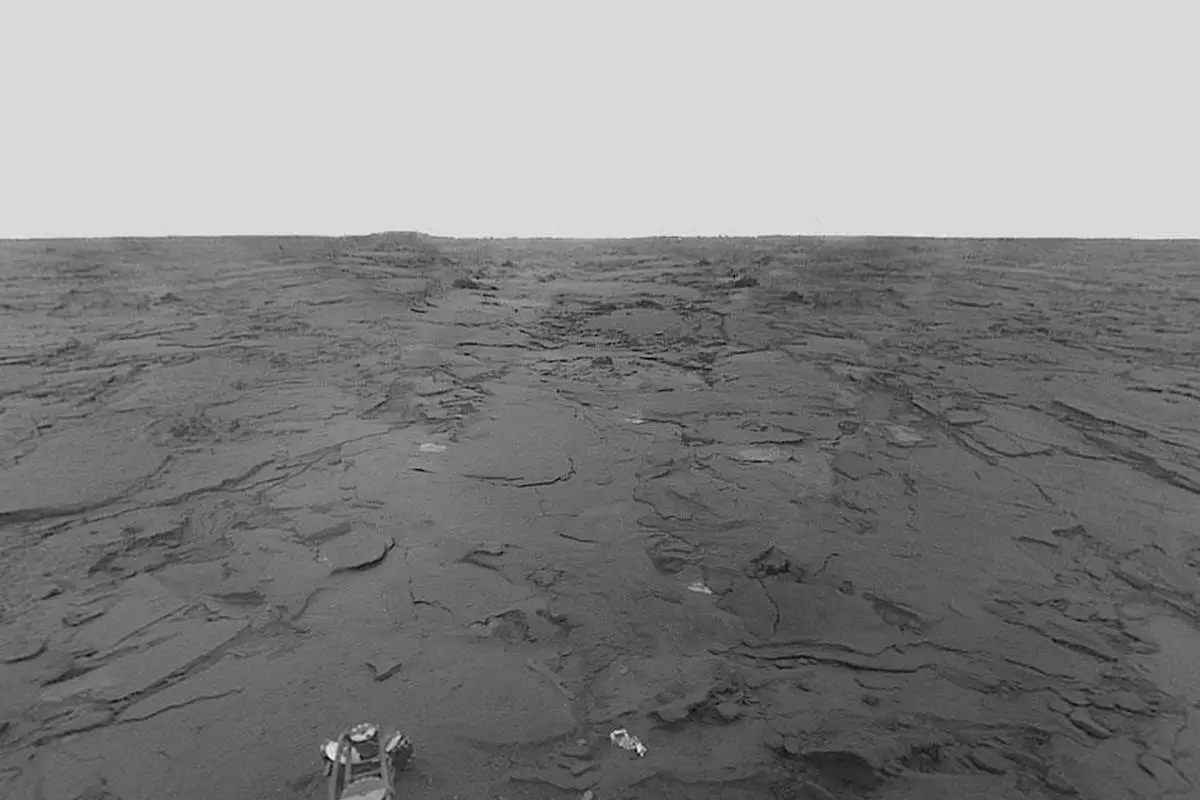

On March 1, 1982, the landing vehicle of the Soviet Union’s Venera 13 spacecraft landed on Venus and became the first spacecraft to record sounds on another planet.
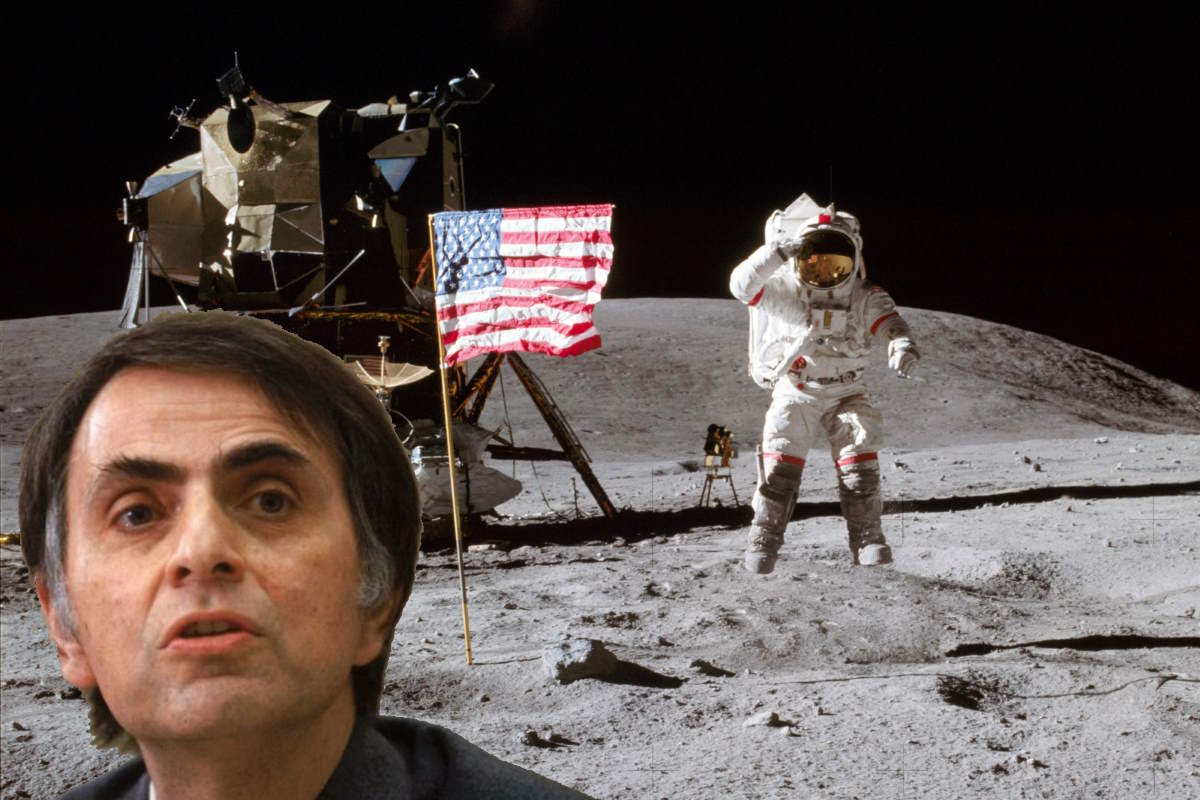
In the video below, in a poetry of language unparalleled by any other, the one and only Carl Sagan talks to us about the Gift of Apollo, bringing focus and perspective to the greatest engineering achievement in human history.
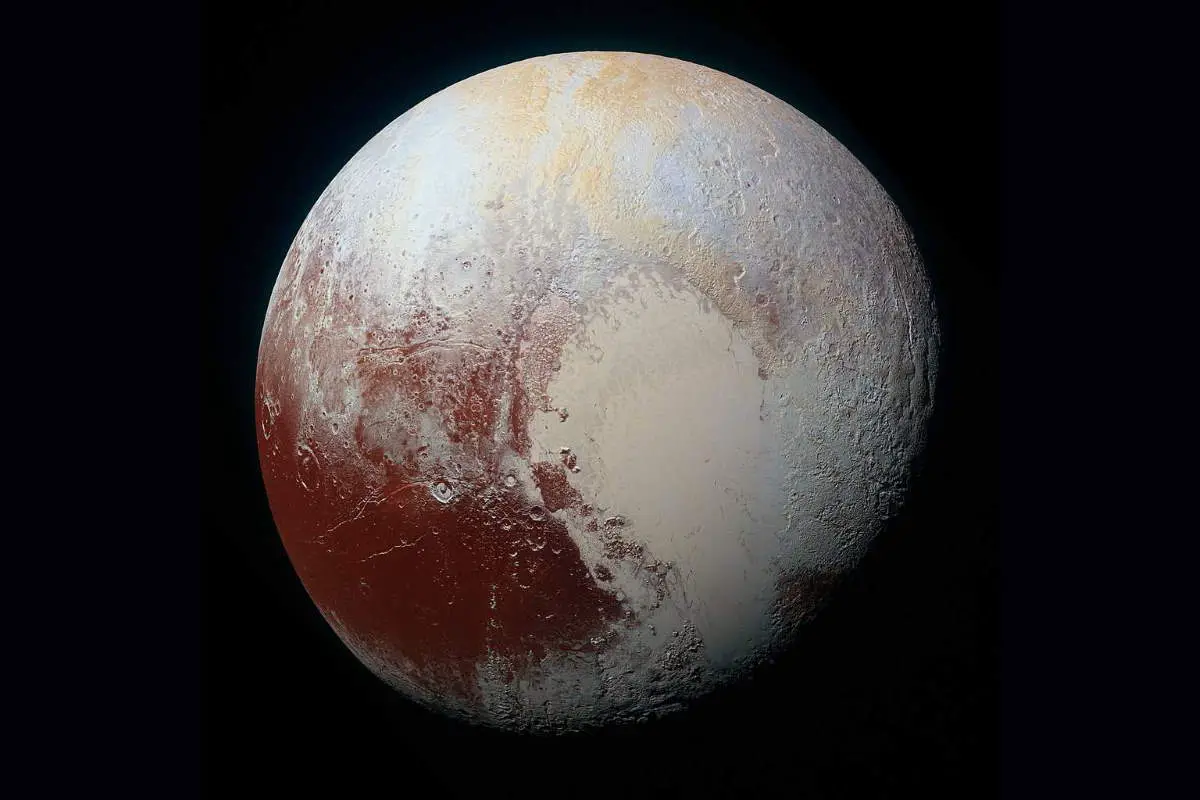
Pluto was discovered on February 18, 1930, by the American astronomer Clyde W. Tombaugh (February 4, 1906 – January 17, 1997) at the Lowell Observatory in Flagstaff, Arizona.
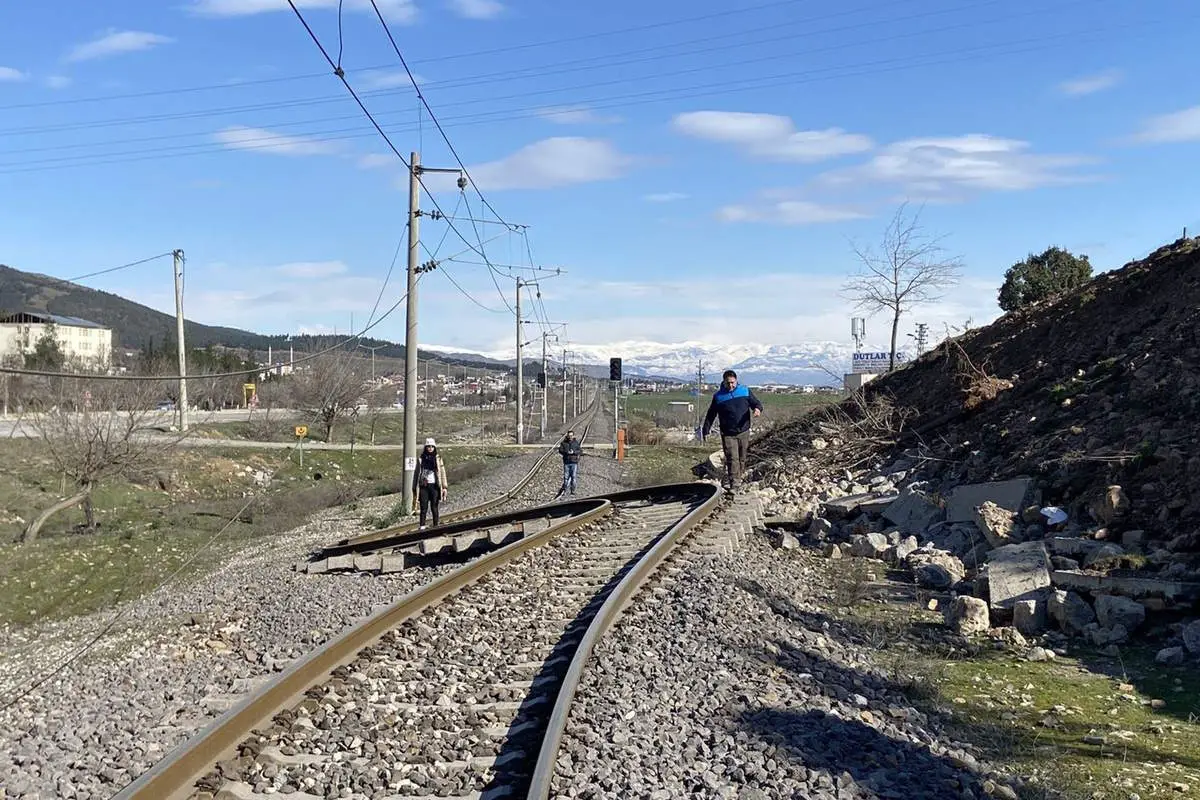
On the early morning of February 6, 2023, two consecutive devastating earthquakes (with magnitudes of 7.8 and 7.7 on the Richter scale, just nine hours apart in the same area) hit Turkey and Syria, killing tens of thousands and injuring hundreds of thousands of people.

Here are the top 32 largest deserts in the world. The list also includes cold deserts.
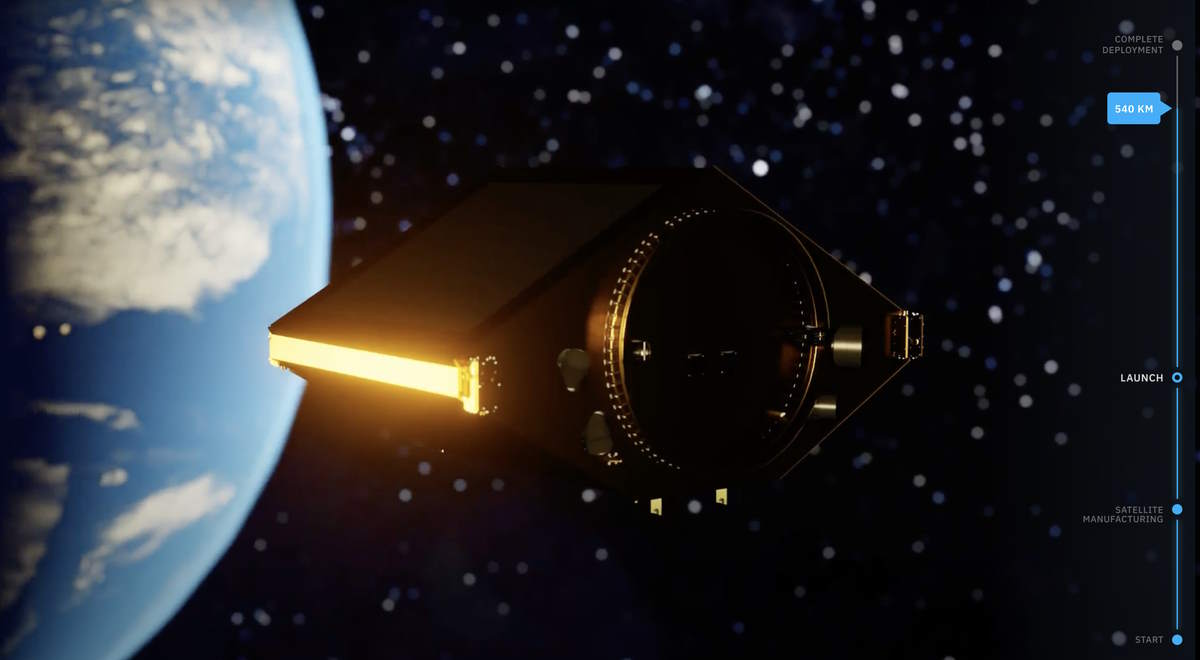
EOS Data Analytics is a company, developing technological solutions and providing geospatial data analytics worldwide. Founded by Dr. Max Polyakov, the company applies years of experience and deep technical knowledge to provide reliable and valuable data for agriculture and more than 20 sectors. The solutions created by EOSDA help to make effective business decisions and increase production sustainability to decrease the negative impact of agricultural production on our planet.
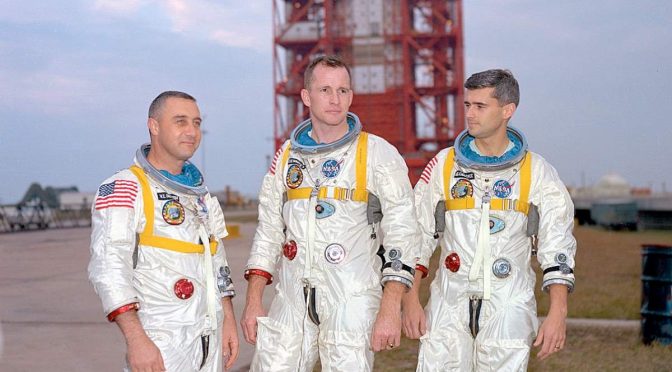
On January 27, 1967, three NASA astronauts, Roger B. Chaffee (b. February 15, 1935), Virgil I. Grissom (b. April 3, 1926), and Edward H. White II (b. November 14, 1930) died when a flash fire swept through the Apollo 1 command module during a launch rehearsal test. The three men inside perished despite the best efforts of the ground crew. It would take more than 18 months, and extensive redesigns, before NASA sent more astronauts into space.
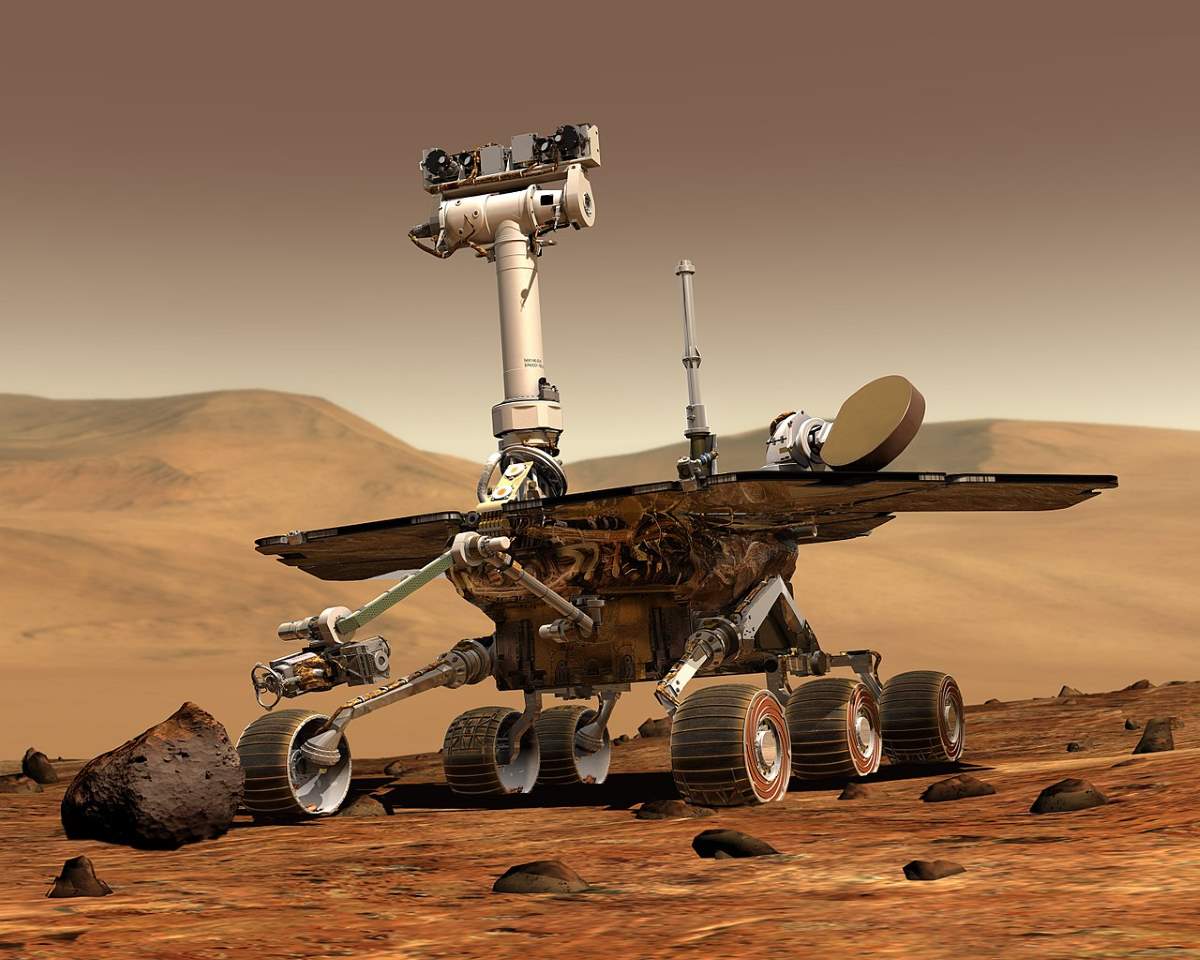
On January 15, 2004, NASA’s Opportunity rover landed on Mars (in Meridiani Planum), three weeks after its twin, Spirit, touched down on the other side of the red planet on January 4.
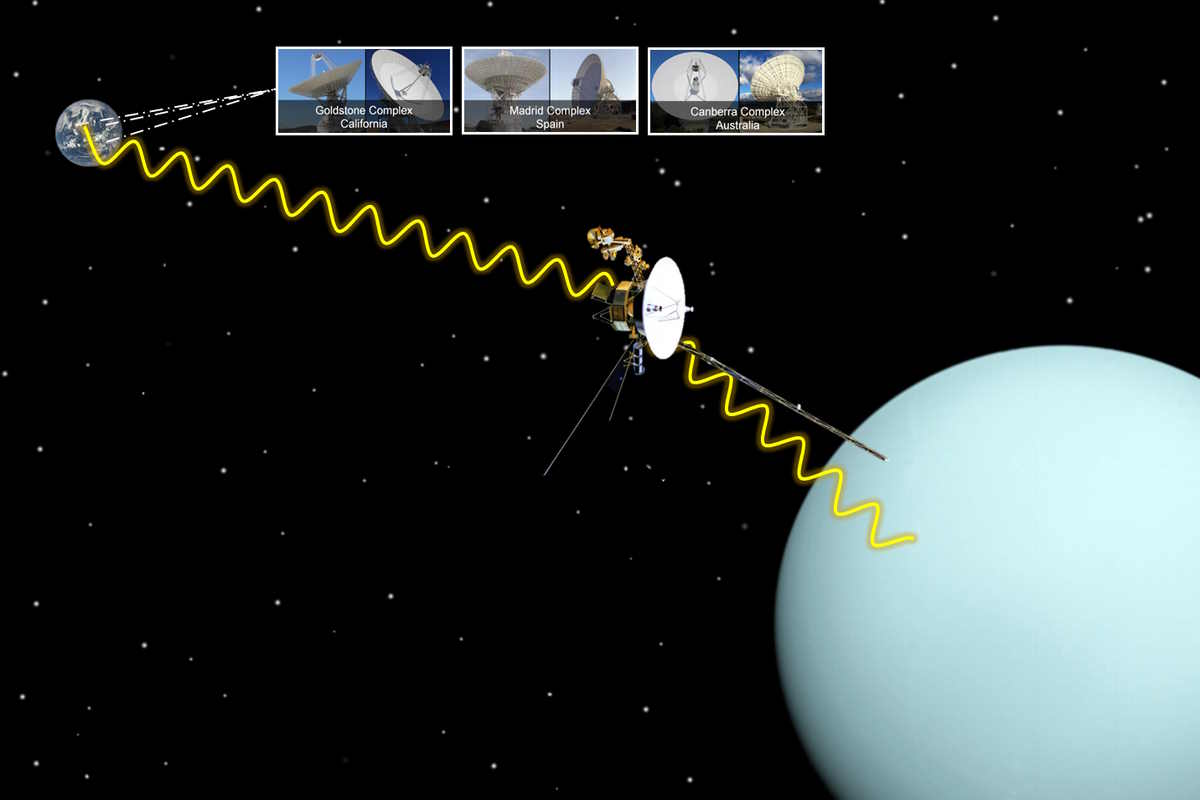
On January 24, 1986, NASA’s Voyager 2 spacecraft performed the first (and as of 2023, the only so far) Uranus flyby in the history of space exploration.
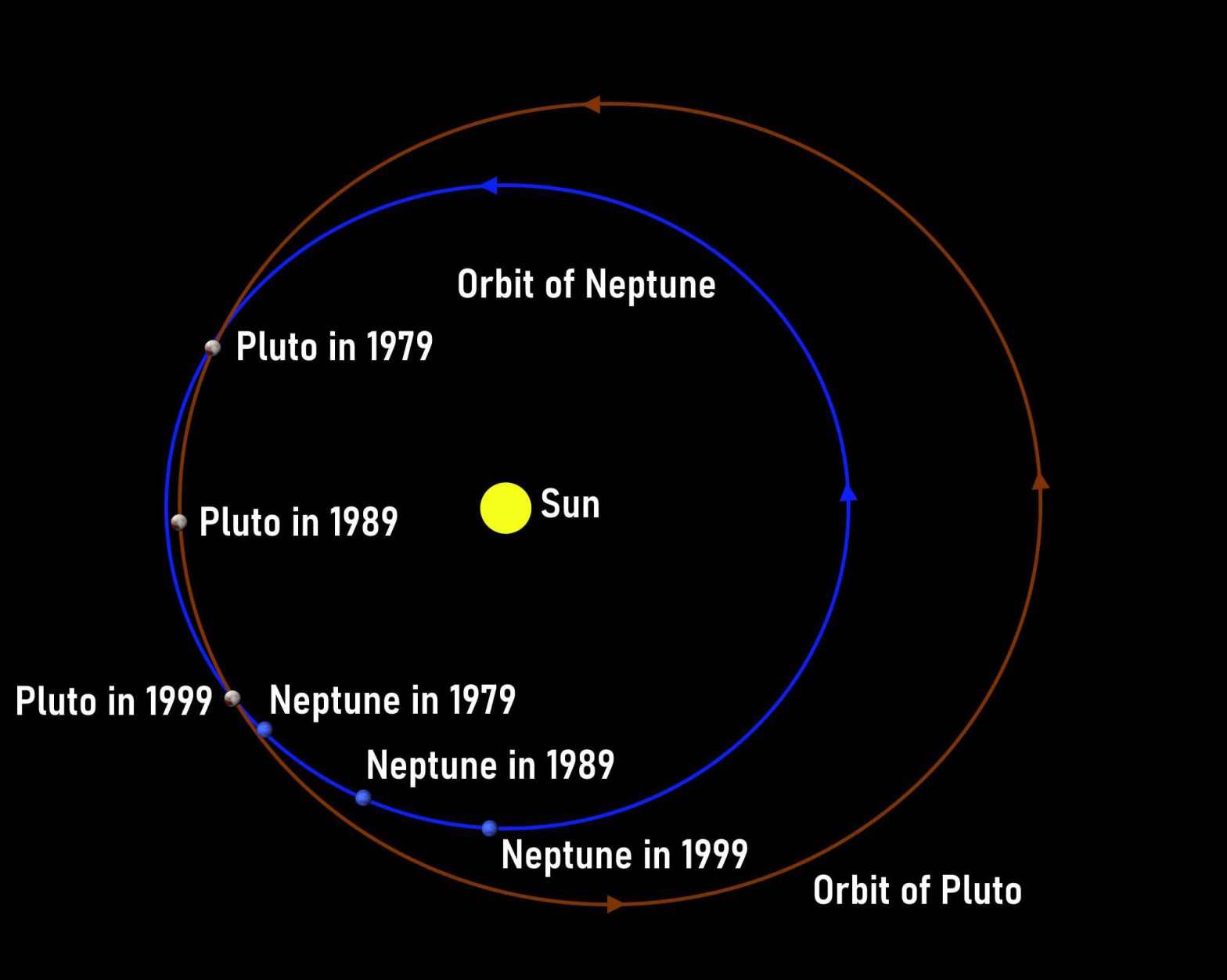
On January 21, 1979, a rare phenomenon occurred in our solar system: Neptune, the 8th planet from the Sun, took over Pluto and became the outermost planet as Pluto moved closer due to their highly elliptical orbits. Pluto was still a planet back then (good old days!).